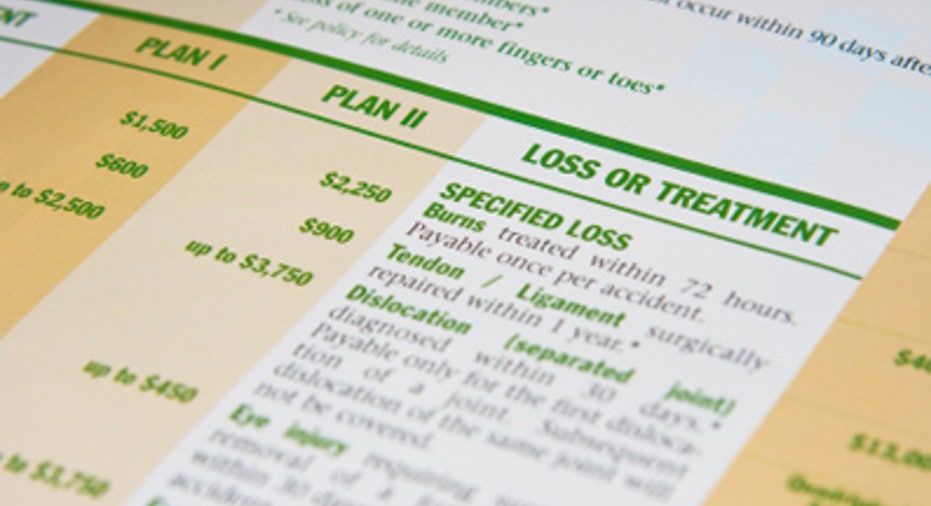Guide: Who Should Buy Life Insurance?

If you're looking to buy life insurance, you've probably asked: Should I purchase a term or permanent policy? Your personal needs will determine which product makes the most sense.
How a Term Policy Works
People who buy life insurance and opt for a term policy pay far less than those who opt for a permanent product. However, there are trade-offs. One way to understand the term product is to think of it as renting a safety net. Buyers pay a fixed premium with a specific payoff during a specific period of time.
If the policyholder dies during that period, the insurance company pays the promised amount to the beneficiaries. But, when the policy ends, the coverage ends and buyers don't get money back.
How a Permanent Policy Works
If you buy life insurance that's permanent, you'll have three choices: whole, universal and variable. While the details vary, the main thing to keep in mind is that a permanent policy is insurance for a person's entire life and an investment.
All policies have a face value and a cash value. The face value, which usually reaches maturity when the policyholder reaches 100, is the death benefit. The cash value is the investment, which grows tax-deferred. If the policyholder surrenders the policy early, he or she can cash in on the asset that has been created.
What's Right for You?
When you buy life insurance, the first thing you need to ask is how much money you think your loved ones will need if you die. An insurance calculator can help. The larger the amount, the more likely it is that you'll want a permanent product.
You'll also want to consider what you can afford in terms of monthly payments. And remember, the older you are, the more likely it is that you'll need to pass a physical, which means you may have fewer options the longer you wait to buy life insurance.



















